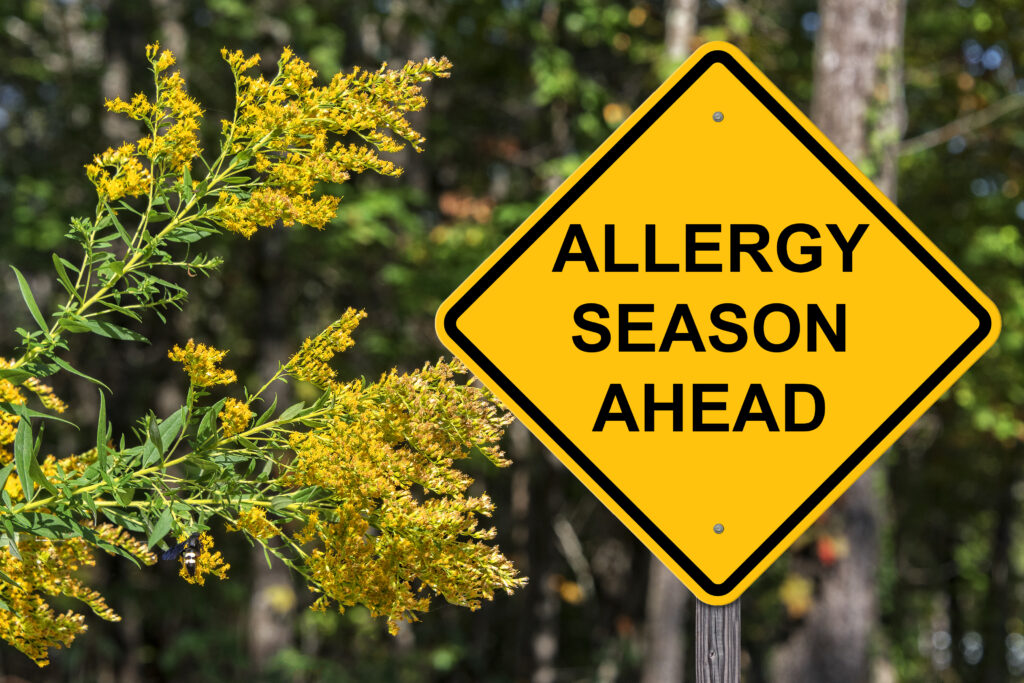With allergy season upon us, understanding the symptoms and management are important in the coming months.
As an allergist, I know how challenging it can be for patients to manage their allergies, especially during allergy season. Allergy season starts in the spring and goes through fall, causing sneezing, nasal congestion, runny nose, and watery and itchy eyes. Skin contact to allergens may also cause skin itching, hives, and may worsen eczema. Poorly controlled allergies may lead to decrease quality of life including poor sleep, feeling tired, and brain fog. With some simple strategies below, you can manage your allergies and reduce your symptoms.

- Know your triggers: Allergy triggers vary from person to person, so it’s essential to identify what triggers your allergies. Common triggers include pollen, dust mites, pet dander, and mold. Once you know your triggers, you can take steps to avoid them or reduce your exposure. Come see us at one of our clinics to get tested.
- Minimize allergen exposure: During allergy season, it’s essential to check the pollen count before you head outside. Remember that pets that spend time outside may also bring pollens into the homes and wiping them down before entering the home may help decrease the pollen load in the home.
- Use allergy medications: Over-the-counter allergy medications can be effective in managing your allergy symptoms. Nasal steroid and antihistamine sprays work best to reduce sneezing, congestion, and runny nose. Antihistamine eye drops can help with itchy eyes. However, it’s essential to talk to your doctor before starting any medication.
- Consider allergen immunotherapy: If your allergy symptoms are severe or not responding to other treatments, immunotherapy may be an option. Immunotherapy involves receiving regular injections (allergy shots) or taking drops under the tongue (allergy drops) to gradually desensitize you to allergens. This treatment can significantly reduce your allergy symptoms over time.
Managing allergies during allergy season requires a combination of strategies, including identifying your triggers, implementing strategies to minimize exposure, using allergy medications, and considering immunotherapy. By working with your allergist and following these tips, you can reduce your allergy symptoms and enjoy the outdoors without suffering from allergies.
Category: Uncategorized



